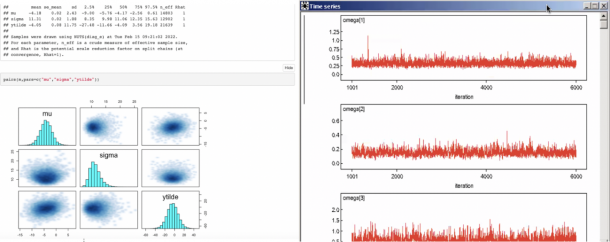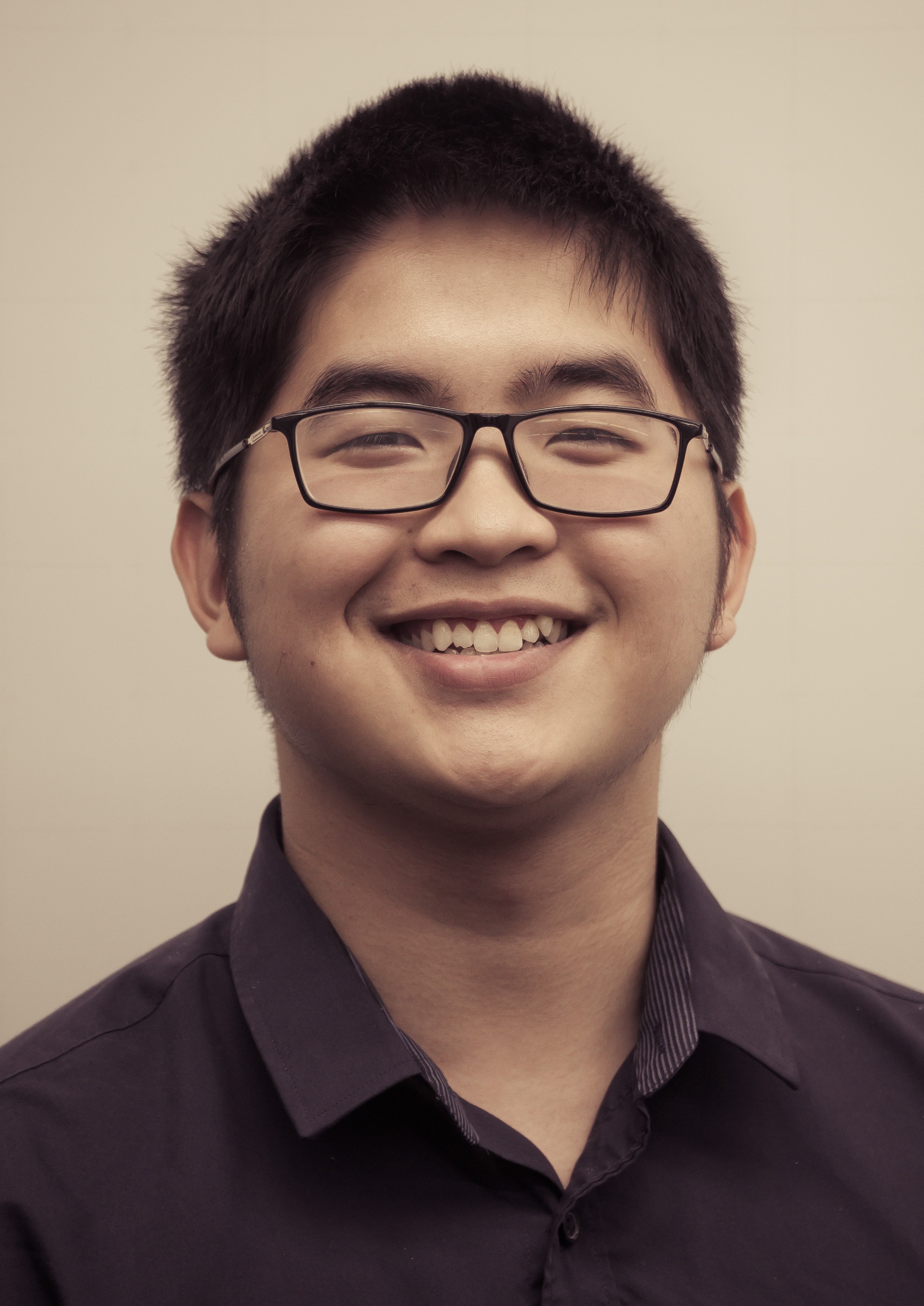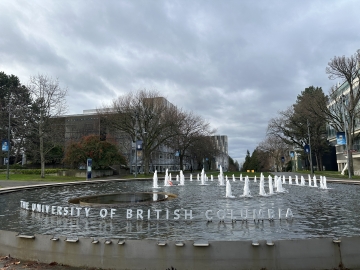The ANU Online Summer School in Political Analysis, an online program for graduate students offered by the Australian National University, was held from January to February following last year. The Center for Positive/Empirical Analysis of Political Economy has subsidized the tuition fee for the ANU online programs since its launch, providing Waseda students with even more international opportunities.
This year, six students from the Graduate School of Political Science and the Graduate School of Economics participated in the program and took courses such as Bayesian statistics, political survey design, social network analysis and critical discourse analysis (CDA). Like the programs held before, it was a very valuable opportunity for students to learn data analysis directly from world-class lecturers from ANU.
ANU Online SSPA 2022 course attendance from Waseda:
Bayesian Statistics for Politics: 3
Introduction to Critical Discourse Analysis: 1
Political Survey Design and Analysis: 1
Introduction to Social Network Analysis: 1
Bayesian Statistics for Politics/ Dr. Shawn Treier
 CHAI, Siyuan (Peter)
CHAI, Siyuan (Peter)
Grade: Graduate School of Political Science, M1
Research Interests: Comparative Politics; Public Opinion; Survey Data
The five-day intensive course titled “Bayesian Statistics for Politics” discussed about statistical inference and estimation on the basis of Bayesian rule and probability theory. The instructor, Dr. Shawn Treier, elaborated on the helpful roles of the Bayesian approach in the social sciences in comparison with the traditional frequentist approaches. He touched upon several single parameter and multiparameter models such as maximum likelihood estimation (MLE), binomial and Poisson models, factor analysis, simulation methods, logit and probit, item response theory (IRT), hierarchical models, and dynamic latent state models. Moreover, he explained the applications of these concepts in model building, hypothesis testing, and model assessment. The unique structure of this course is that it combines an extensive overview of statistical theories with some case studies and lab exercises in the RStudio and WinBUGS interfaces through making use of the packages STAN and NIMBLE.

Sampling with RStudio and WinBUGS
I benefited well from this course because I got the invaluable opportunity to know about and try out various sampling and estimation techniques as well as to interpret their computational outcomes. I got to understand how to design research hypotheses more clearly and how to interpret research results more concisely so that my research questions and results could be answered and represented plausibly by data and regressions. I believe that I could apply the model comparison and selection as well as the regression diagnosis methods that I have learned from this course to tackle the transnational survey datasets from the WVS (World Values Survey) and Asian Barometer for my master’s thesis regarding postmaterialist values across the Greater China area and East Asian societies, especially when I run regressions between attitudinal indicators with a range of demographic information.
It would be a good idea for prospective participants to have sufficient background knowledge on econometric treatments for regressions involving cross-sectional, time-series, and panel data and to review some introductory concepts related to probability distribution (such as beta and gamma distributions), matrix algebra, calculus, and Bayesian statistics before attending this course. Three useful textbooks may be Statistics (Freedman et al., 2007), Introductory Econometrics: A Modern Approach (Wooldridge, 2002), and A Student’s Guide to Bayesian Statistics (Lambert, 2018). The last one was strongly recommended by the instructor as a pre-course reading.
Political Survey Design and Analysis/ Dr. Jill Sheppard
 Viet Hung Nguyen Cao
Viet Hung Nguyen Cao
Graduate School of Political Science, M2
Research interests: International Relations, Survey Experiments, Audience Cost
The course Political Survey Design and Analysis at ANU Summer School for Political Analysis focused on the basic foundation of political survey, as well as the coding practice in R on how to run and analyze surveys. In the first and second days of the course, we were introduced with the problems associated with political survey, measurement errors and sampling errors. We learned about the origins of these errors, as well as how to avoid them in doing our own survey. In the third and fourth days, we learned about how to deal with the data after collection, from evaluating whether or not we have got good data, to making adjustment and weights for it to be more representative. On the fifth day, we had a workshop about how to visualize our data in R, as well as running regression models to produce analysis on the data.
Overall, I gained a better understanding of the survey method, as well as the strength and weaknesses of this method. I am also grateful for the practical approach that the course instructor, Dr. Jill Sheppard took. Being able to see the results of survey analysis and learn the coding in R was helpful. Before the course, I have already run a survey for my thesis, and already had an R code script to analyze the data. Through the course, I have been able to improve the script to make the code run more efficiently and organize it in a way that is better for me and others to look at. The basic foundation of doing survey will also help me improve future surveys.
In conclusion, I think that the course will be helpful for those who want to use survey in their research, regardless of whether it is an original survey experiment to collect primary data, but also for those who use secondary survey data.
Introduction to Social Network Analysis/ Prof. Robert Ackland
JOHNSON, Iain
Graduate School of Political Science, M1
Research interests: Computational Social Science
Social Network Analysis provides students with the theoretical background and the programming skills to be able to conduct network analysis in R. The course is mostly very hands-on, and although there is some lecture content, the majority of the coursework is completed within RStudio. Students begin with premade datasets, and then later in the week, move on to collecting datasets from social media services such as Twitter.
In taking this course, I feel that I have learned a lot in a very short space of time. I am considerably more familiar with the techniques involved in SNA, and I feel confident in my ability to replicate them in my own work. I plan now on applying these techniques in my future research, which is based on the analysis of data from online sources such as Twitter.
For future participants who are interested in learning some new skills, I would strongly recommend considering this course. The value of the course is extremely high given the time it takes to complete.








